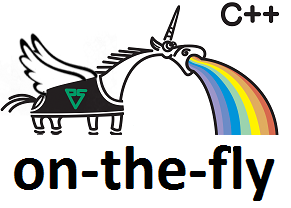
Проверяя много лет различные C/C++ проекты, я заявляю: самая неудачная и опасная функция — memset(). При использовании функции memset() допускают наибольшее количество ошибок, в сравнении с использованием других функций. Я понимаю, что мой вывод вряд ли потрясёт основы мироздания или невероятно ценен. Однако я думаю, читателям будет интересно узнать, почему я пришел к такому заключению.
Здравствуйте
Меня зовут Андрей Карпов. Я совмещаю много должностей и занятий. Но основное, что я делаю, это рассказываю программистам о пользе, которую может приносить статический анализ кода. Естественно я делаю это с корыстной целью, пытаясь заинтересовать читателей анализатором PVS-Studio. Впрочем, это не уменьшает интересность и полезность моих статей.
Единственный вид рекламы, который может пробить чешуйчатую броню программистов, это демонстрация примеров ошибок, которые умеет находить PVS-Studio. С этой целью я проверяю большое количество открытых проектов и пишу статьи о результатах исследований. Всеобщая выгода. Открытые проекты становятся немного лучше, а у нашей компании появляются новые клиенты.
Сейчас станет понятно, к чему я веду. Занимаясь проверкой открытых проектов, я накопил большую
базу примеров ошибок. И теперь, основываясь на ней, могу находить интересные закономерности.
Например, одним из интересных наблюдений было, что программисты допускают ошибки при Copy-Paste чаще всего в самом конце. На эту тему предлагаю вниманию статью "
Эффект последней строки".
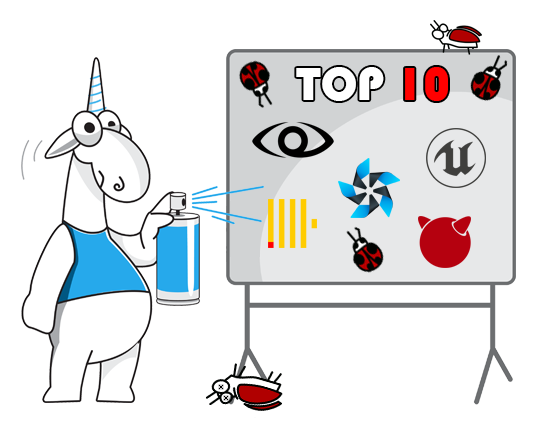
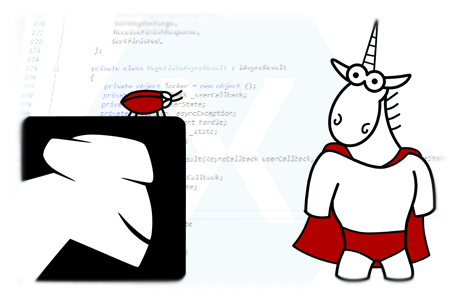

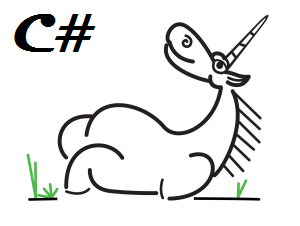

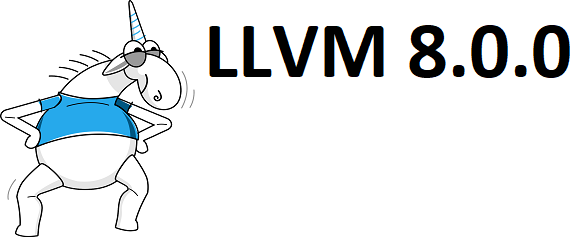






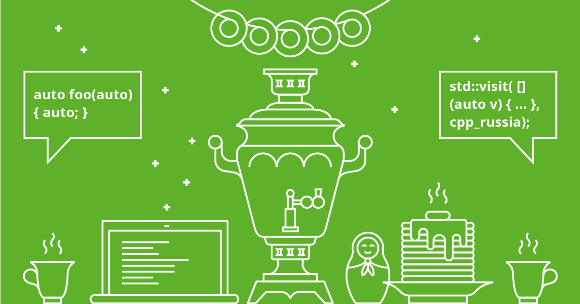
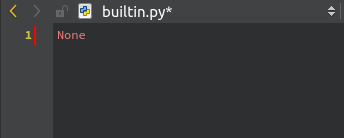 Недавно сайт Pinguem.ru совместно с командой PVS-Studio устраивали конкурс, в котором программистам было необходимо в течение месяца использовать статический анализатор PVS-Studio для нахождения и исправления ошибок в коде open-source проектов. Благодаря их стараниям, программы в мире стали чуточку безопаснее и надежнее. В статье мы рассмотрим парочку наиболее интересных ошибок, которые были найдены при помощи PVS-Studio.
Недавно сайт Pinguem.ru совместно с командой PVS-Studio устраивали конкурс, в котором программистам было необходимо в течение месяца использовать статический анализатор PVS-Studio для нахождения и исправления ошибок в коде open-source проектов. Благодаря их стараниям, программы в мире стали чуточку безопаснее и надежнее. В статье мы рассмотрим парочку наиболее интересных ошибок, которые были найдены при помощи PVS-Studio.

